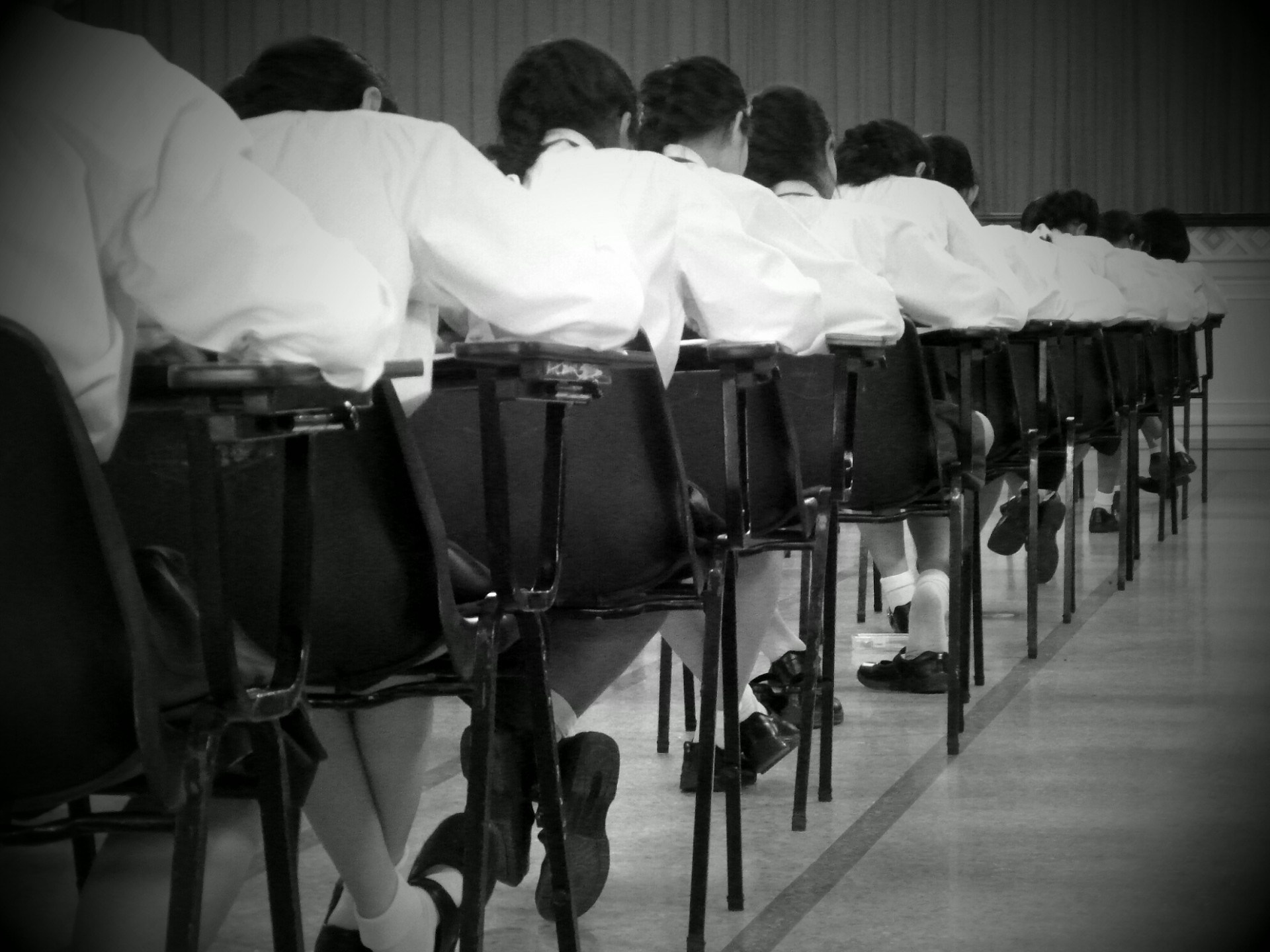A couple of days ago I attended (and spoke at) the University of Waikato’s “LearnFest” event. There were lots of talks and sessions on very diverse aspects of teaching, mostly at tertiary level. One was by Myra Williamson from Te Piringa Faculty of Law here at Waikato, on Contract Cheating at Tertiary Institutions.
Now, I was a very well-behaved undergraduate. I attended nearly ALL my lectures (in fact I missed just two in my three years, and those two because I was really sick), I did ALL my various assignments MYSELF, ON TIME, and even lending my lecture notes to a friend (who couldn’t be bothered to get out of bed and onto his bike for a 9am lecture on a minus 6 Celsius February morning) felt uncomfortable to me. The thought of getting someone else to write an assignment for me, or to sit my exams for me (watch the Pens for Hire documentary), was just so far out of the picture it wasn’t even in the same gallery. But then, I was confident in the subject, I could speak the language, there was a system of teaching that worked for me, and I didn’t have financial worries or family commitments and so forth to take my focus off my studies.
But cheating exists, and it is getting more prevalent. A rough definition of “Contract Cheating” would be where “a student gets someone – a third party – to complete an assignment or an exam for them” (Bretag et al., 2019). It’s not necessarily for money – you could get a friend to do it for you – but it could be. There are numerous websites were you can get work done for you at an appropriate price.
In my time teaching, I know for certain of just one occasion when a student contract cheated on an assignment I had set. I know because the student concerned told me. I won’t give details, obviously, but I will say that on hearing the student’s story, my initial anger became more tempered with sympathy. Why the cheating? In this student’s case, the student knew full well it was wrong. The student didn’t want to do it. But external pressures meant that the student saw that failing the paper was not an acceptable option. The student had to pass, and not being confident they could do so by valid means, felt no option but to resort to invalid ones. The pressures at university can be immense. That doesn’t excuse the cheating, but it did give me some insight as to the kinds of situations students have to deal with. Back in my undergraduate days, I had no such external issues.
Bretag, Harper and others have recently undertaken a large study in Australia on contract cheating, looking at both student and staff experiences. Results are fascinating. It’s more common than we might realize. They report that cheating in this way is more likely in certain subjects and mention Engineering as an example. Having taught a lot in Engineering, as well as physics, that’s of immediate interest to me. Now, Bretag et al. have done a good job of their statistical analysis. It turns out that it’s not that engineering students are a bunch of cheats per se. Rather, 1. engineering includes large numbers of students who do not have English as their primary language; 2. many students are dissatisfied with the learning environment offered; and 3. engineering offers lots of opportunities (or perceived opportunities) to cheat. Those three issues are the largest drivers of contract cheating in the subject.
As educators, we should be tackling all three of these. Obviously we can’t turn non-native English speakers into native speakers, but we can support students use of English, in particular the discipline-specific language that can be so complicated. As Myra pointed out in her talk, could you demonstrate critical thinking in a specialized subject area in a language that wasn’t your own?Even a competent speaker of a second language can struggle here. The learning environment we clearly can address. Why are students dissatisfied with it? What forms does that dissatisfaction take? What can we change? And finally we can think more carefully about the assignments we set and how we can make them less available for someone else to do.
(2019) Contract cheating: a survey of Australian university staff, Studies in Higher Education, 44:11, 1857-1873, DOI: 10.1080/03075079.2018.1462789
